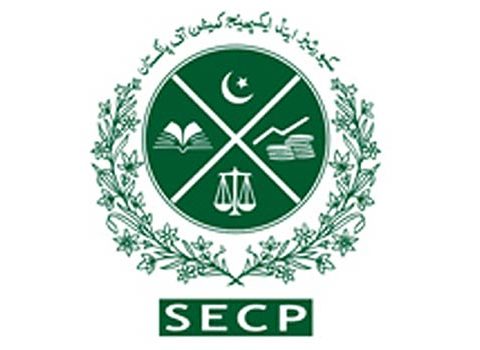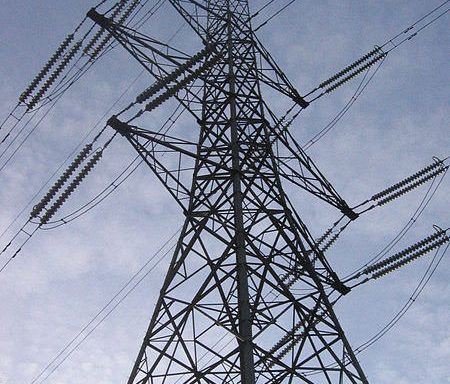
ISLAMABAD: Sui Northern Gas Pipeline Company Limited (SNGPL) has opposed allocation of 50 per cent indigenous gas from new discoveries to third party through amendments in Petroleum( Exploration and Production) Policy 2012.
According to SNGPL, it has received a summary for CCI which has huge implications for energy supply chain and key high priority sectors like export, fertilizer and domestic consumers.
SNGPL has submitted the following preliminary comments on the summary ;(i) the payments of E&P companies are pending owing to prevalent circular debt situation in country ;(ii) many years of delay in increase in sale prices by successive governments. Interim Government has taken major corrective measures which are still falling short of recovering deficit of the even the current year ;(iii) Government own socio-economic agenda owing to which expensive RLNG is being diverted to a very low tariff domestic sector. Direct tariff receivable alone is over Rs. 650 billion at this time;(iv) continuous expansion of system to far flung non-economic areas and ;(v) lack of transparent subsidies through budget and process of cross subsidization which is part of the
existing sale price mechanism.
The gas utility company has further opined that it is obvious from the facts that SNGPL has no control over any of the such policy initiatives. Every company wants to have robust E&P activity in the country for which settlement of entire circular debt issue is a must.
” We may not operate in silos and impact of such a change on economy as a whole may be assessed in a thorough manner; since gas supply feeds into whole host of other economic sectors and is lifeline for many, ” said the company’s General Manager (BD-Corporate) Majid Hussain in a letter.
SNGPL has highlighted that it is selling large proportion of indigenous gas to textile sector to promote the exports in the country which is essential if the economy of the Country has to grow. Otherwise, without foreign exchange earnings, none of the expansion plans can be successful. With declining gas reserves, it is already becoming very difficult to supply gas to high priority sectors.
” If the E&P is allowed to allocate 50% gas to third parties, most of it will be sold as a replacement for general industry, CNG and other low
priority sectors which pay full RLNG price. The textile in such case will need to pay 100% RLNG and may become uncompetitive. Consequently, the company may not be left with any full RLNG price paying buyers if 50% indigenous supplies are given to third parties.
” All we will be doing is creating yet another market arbitrage and imperfection, ” said SGGPL.
The gas utility company says that it sells indigenous gas to fertilizers during most of the year to control urea price as part of the GoP socio economic agenda. In case of 50% access to third party, fertilizer will have to operate on RLNG and price of urea will increase manifolds. That’s why the economic impact has to be evaluated in Totality and
E&P sector shouldn’t be decided upon in isolation. Also, there will be sharp decrease in availability of indigenous gas for domestic sector if 50% allocation is given to third parties. RLNG will have to diverted even more to domestic sector since third parties are only for-profit entities and will not sell gas to subsidized sector. They will only go for skimming of full paying consumers.
The likely implication is that more and more RLNG supplies will be sold to subsidized sectors only; since RLNG full paying consumers will be taken away by Third Parties selling indigenous gas at lower rates, due to market imperfections. This situation may lead to (i) ballooning of circular debt ;(ii) low recovery of RLNG tariff leading to inability to pay for LNG cargoes;(iii) potential collapse of RLNG supply chain ; and (iv) gas companies along with public at large getting severely impacted.
SNGPL has further proposed that the sale price of domestic and other subsidized sectors will need to be increased sharply to bring it very close to RLNG. It may lead to public outcry, a compromised export sector and manifolds increase in urea prices.
SNGPL has suggested the following Roadmap as a precursor to opening up of E&P sector in synchronization with the rest of the economy;(i)) SNGPL fully supports third party access in gas sector, however it must be ensured that a level playing field exists for all stakeholders ;(ii) SNGPL should get a level playing field & should not be bound by a regulated policy purchase price. Also, we should be able to sell at a competitive price and shall not be bound by OGRA sale price notification. Otherwise, this change will be tantamount to shifting of funds from public sector, a whole host of industry and Fertilizer etc. to a bunch of third-party operators. Third Parties will be taking undue benefit of skimming top paying consumers. The rules of the game should be the same for all the parties concerned ;(iii) If indigenous gas is to be given in the proportion of 50% to third parties, then there will be no gas left to cross subsidize other sectors. Prices of all the sectors should be equated in such case with no differentiation between public and private sector;(iv) direct subsidies will need to be given from the Federal Budget and the concept of cross subsidies would need to be eliminated. This is the basic requirement for ensuring level playing field for all the stakeholders ;(v) early implementation of country wide WACOG is requested to remove the market anomalies that facilities the fly by night operators.
Analysts are of the view that since Ministry of Energy (Petroleum Division) has not been able to establish re-organized Directorate General of Petroleum Concessions as per provisions of Petroleum Policy 2012 approved by CCI in pursuance of 18th amendment in Constitution of Pakistan despite lapse of around 12 years, therefore, all the actions being taken are without lawful authority.”
Another aspect is that the provision of allocation of 50% of the gas to 3rd party would be violative of Articles 158 & 172(3) of the constitution of Pakistan, which is pending adjudication in the Supreme Court of Pakistan.
Ends






